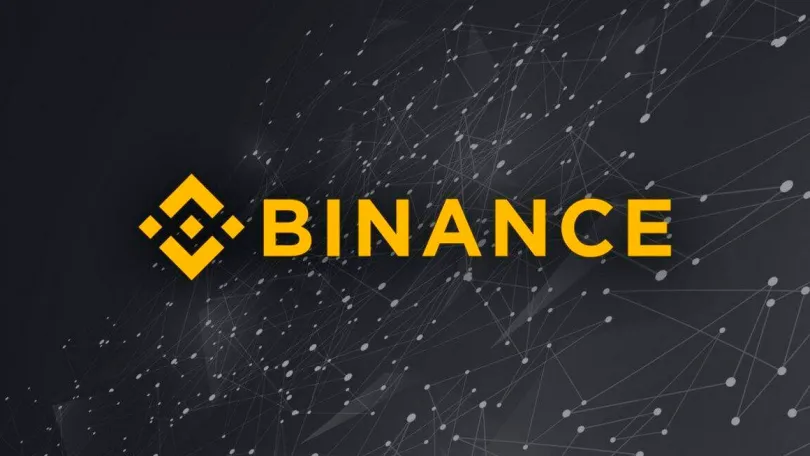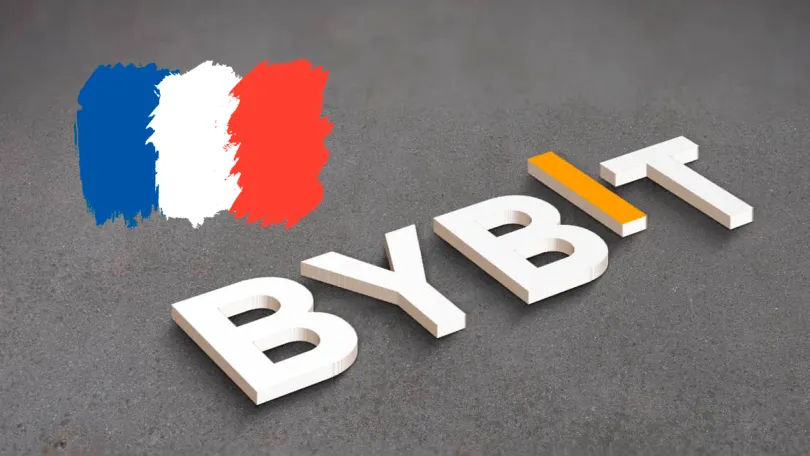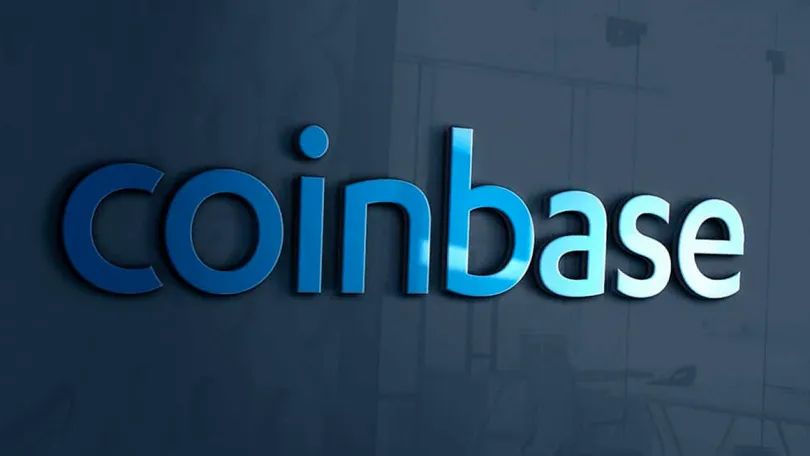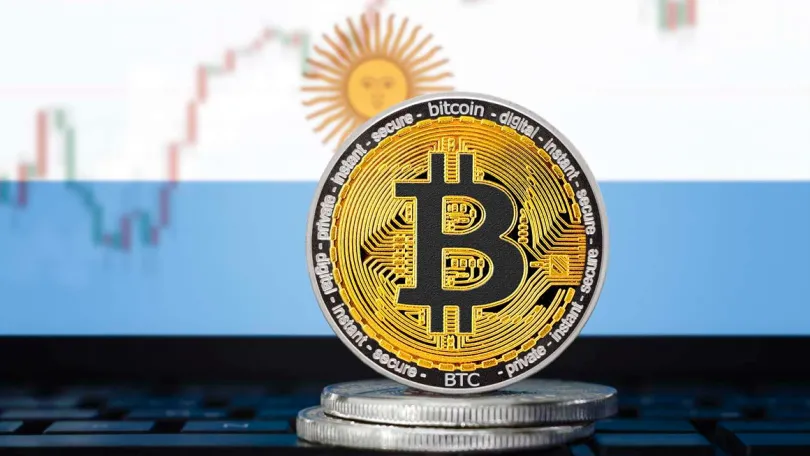
Cryptocurrency trading platform Binance has announced that it intends to restrict access to “unauthorized stablecoins” to customers in the European Economic Area (EEA) from June 30, 2024.
This decision is due to the rules set out in the MiCA framework relating specifically to this asset class.
“From June 30 [2024] onwards, stablecoins within the EEA will be subject to regulation. In essence, this means that only certain, regulated entities will be allowed to issue and endorse publicly available steiblcoins. These will be labeled as “regulated stablecoins,” the platform said in a statement.
Any other assets that fall into this category will be classified as “unauthorized.” Binance has acknowledged the possibility that some existing stablecoins could fall into this unauthorized status.
As such, according to an official statement, the platform is implementing a plan to gradually transition to regulated assets. Specifically, starting June 30, 2024, Binance will restrict access to “unauthorized stablecoins” for EEA customers across all of its services.
As part of this plan, the following changes will be made:
- Traders will only be allowed to sell “unauthorized stablecoins” after a specified date, with purchase restrictions in place.
- Trading pairs with assets from this category will continue until further notice.
- Deposits of specified stablecoins to a Binance wallet will continue to be allowed.
In addition, restrictions will apply to the copy-trading feature, which will encourage users to close positions and withdraw funds before June 29, 2024. In addition, the #FDUSD pool will not be available for traders from EEA countries.
It is worth noting that Binance is not the only platform to impose restrictions on certain stablecoins in the EEA. In March 2024, #OKX announced the suspension of support for #USDT pairs in #Europe.
While Binance has not specified which assets will be affected, the upcoming restrictions will change the landscape of #stablecoin trading in the EEA.




























